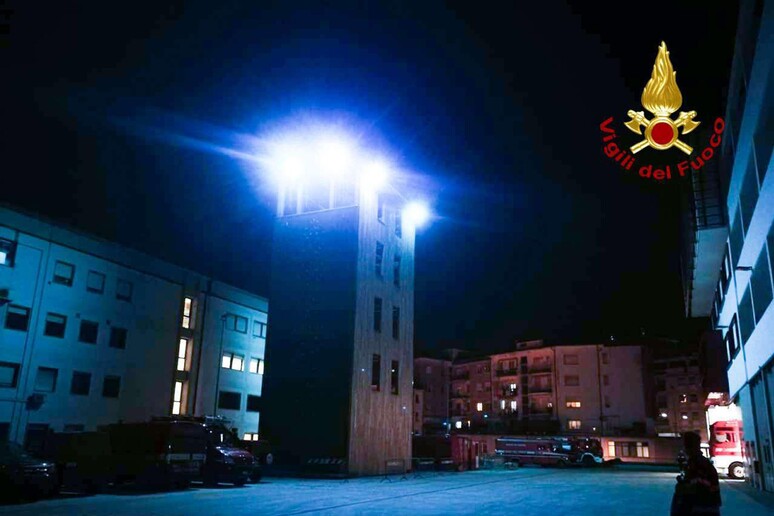Monuments worldwide turned blue in
the night between Monday and Tuesday for World Autism Awareness
Day, including Rome's Palazzo Montecitorio, the seat of Italy's
Lower House.
The Empire State Building in New York and Christ the Redeemer
in Rio de Janeiro were among landmarks shining blue lights, the
color chosen by the United Nations to raise global awareness on
autism for the 12th edition of World Autism Awareness Day on
April 2.
Autism affects an estimated 600,000 families in Italy (one in
100 children).
Doctors and experts have called for effective "inclusion"
practices of those affected by this condition, which refers to a
broad range of neurodevelopmental disorders causing impaired
communication and social skills.
According to the latest data, autism is on the rise, also due
to more effective screening practices that enable early
diagnosis and intervention.
One in 56 children worldwide are diagnosed as having the
disorder for a total of an estimated 60 million people.
The Assisi-based Istituto Serafico, which promotes assistance
and inclusion projects, has highlighted that individuals with
the disorder often face economic challenges: "The elevated cost
of therapies literally bring families to their knees".
"It is estimated that they spend on average between 1,000 and
2,000 euros a month for their entire lives", the institute said,
stressing that the national healthcare system doesn't always
offer support and "very long waiting lists don't allow early
intervention".
The Italian Society of Child and Adolescent Neuropsychiatry
(Sinpia) called for more investments on neuropsychiatric
disorders.
A key objective, said Maria Nicoletta Aliberti, a child
neuropsychiatrist at the Group INI-Istituto Neurotraumatologico
Italiano, is inclusion "not just in schools but in all contexts"
in order to promote the right of those affected by the disorder
to lead normal lives.
Another fundamental objective is scientific research as no
cure currently exists though early detection and treatment is
key in helping children.
And the Italian Autism Foundation (FIA) has launched a
campaign to raise funds - #sfidAutismo19 - on April 1-19 while
the Foundation Policlinico Tor Vergata has organized an 'Autism
Friendly' day.
ALL RIGHTS RESERVED © Copyright ANSA











